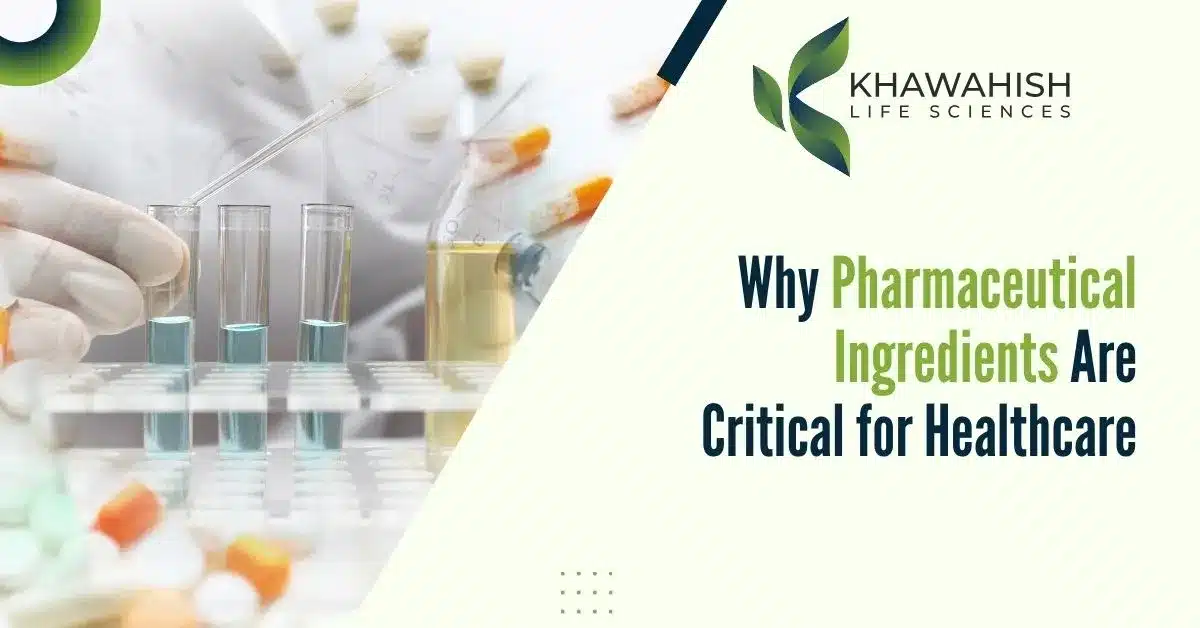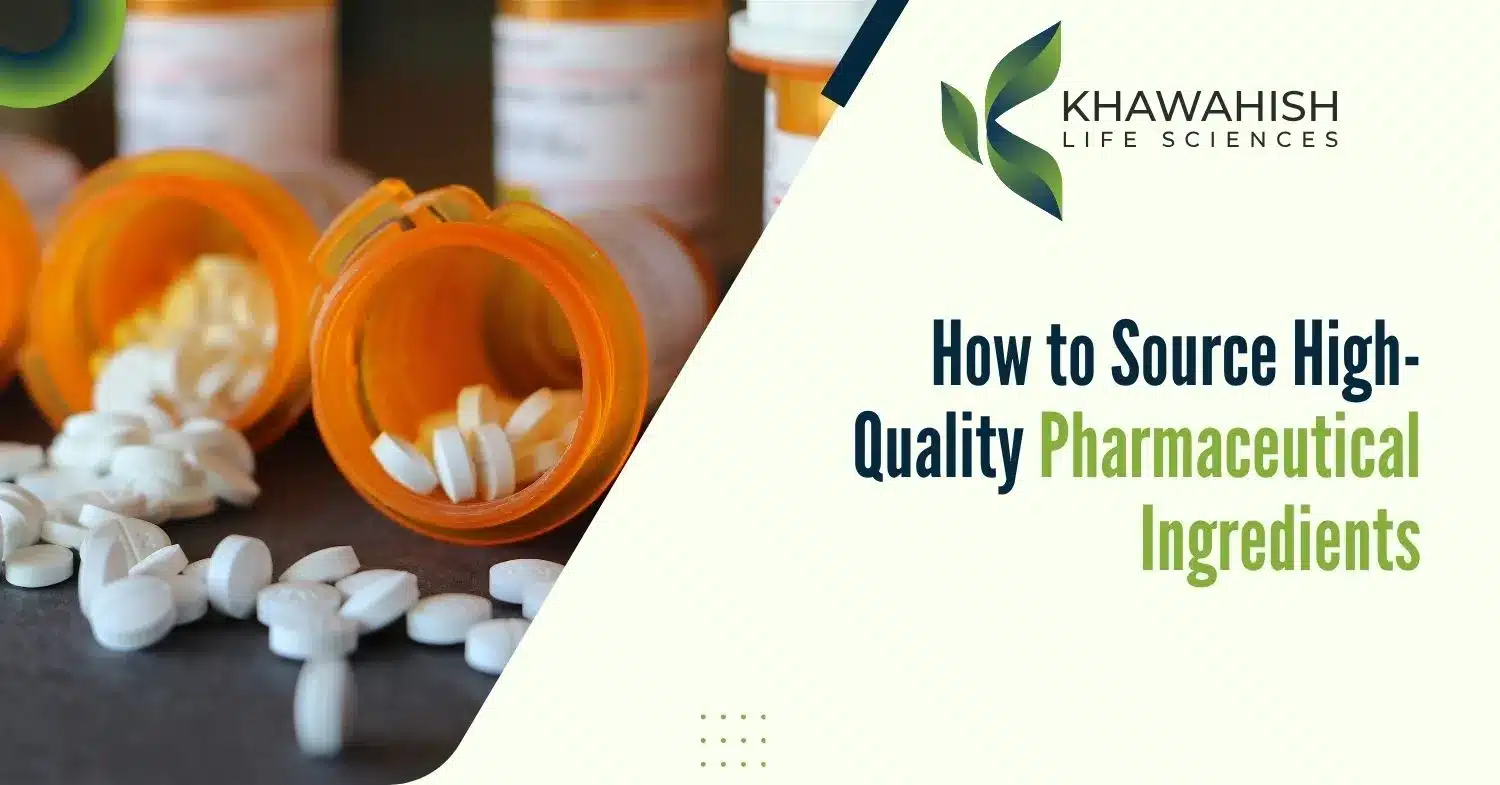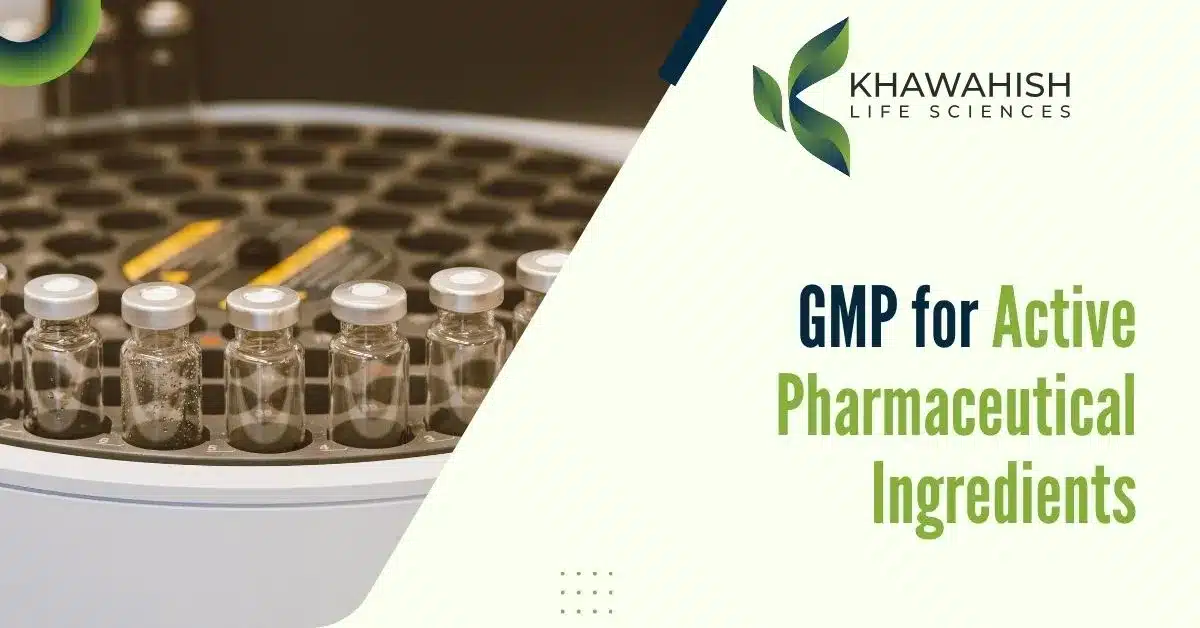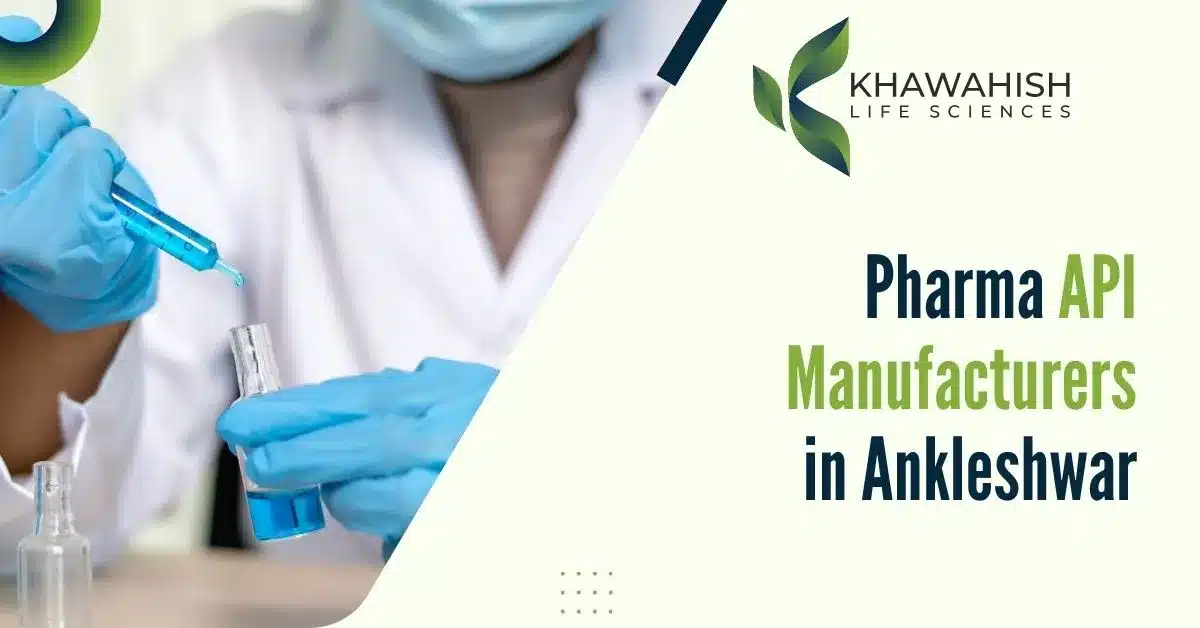
In the vast landscape of modern healthcare, pharmaceutical ingredients—particularly Active Pharmaceutical Ingredients (APIs) and excipients—play a fundamental role in ensuring the efficacy, safety, and quality of medicines. Without these critical components, the development and delivery of life-saving drugs would be impossible.
What Are Pharmaceutical Ingredients?
Pharmaceutical ingredients are broadly classified into two categories:
- Active Pharmaceutical Ingredients (APIs): These are the biologically active components in drugs that produce the intended therapeutic effect.
- Excipients: These are inactive substances that serve as carriers, stabilizers, or fillers in the drug formulation.
Together, APIs and excipients make up the complete drug formulation necessary for consistent, safe, and effective treatment.
Why Are APIs So Important?
APIs are the core of any pharmaceutical product. They interact with the human body to treat, prevent, or manage diseases. The quality, purity, and potency of APIs determine how effective and safe a medication is.
For example, paracetamol (acetaminophen) is an API commonly used in pain relief and fever medications. Without this key ingredient, the drug would have no therapeutic value.
A poorly manufactured or contaminated API can lead to adverse drug reactions or treatment failure.
Role of Excipients in Drug Delivery
While excipients are inactive, they are vital for:
- Ensuring proper drug absorption
- Enhancing stability and shelf life
- Controlling drug release (e.g., extended-release tablets)
- Improving taste or appearance
For instance, lactose or magnesium stearate are common excipients used in tablet manufacturing to ensure uniformity and compressibility.
Looking for reliable pharmaceutical ingredients? Partner with a trusted supplier to ensure consistent quality, safety, and compliance. Contact us today.
Ensuring Safety Through Regulatory Standards
Pharmaceutical ingredients must meet rigorous standards set by regulatory bodies such as the U.S. FDA, EMA, and WHO. These standards include:
- GMP (Good Manufacturing Practices)
- Purity testing
- Bioequivalence and safety profiling
Compliance ensures that patients receive medications that are safe, effective, and of the highest quality.
Global Impact and Supply Chain Challenges
Most APIs are produced in countries like India and China, making global supply chains essential but also vulnerable to disruptions—as seen during the COVID-19 pandemic. Ensuring a resilient and transparent supply chain for pharmaceutical ingredients is crucial for uninterrupted healthcare delivery.
Frequently Asked Questions
- What are pharmaceutical ingredients?
Pharmaceutical ingredients include Active Pharmaceutical Ingredients (APIs), which produce the intended therapeutic effect, and excipients, which aid in drug formulation, stability, and delivery. - Why are APIs important in medicine?
APIs are the core components responsible for a drug’s therapeutic effects. Without APIs, medicines would not be effective in treating or managing health conditions. - What role do excipients play in pharmaceuticals?
Excipients are inactive substances that improve drug stability, taste, appearance, and absorption. They help ensure safe and consistent delivery of the active ingredient. - How are pharmaceutical ingredients regulated?
Pharmaceutical ingredients must comply with strict quality and safety standards set by regulatory bodies like the FDA, WHO, and EMA. These regulations ensure drugs are safe and effective for patient use. - Why is quality control essential in pharmaceutical ingredients?
Poor-quality ingredients can cause drug failure or harmful side effects. Ensuring ingredient purity and potency is critical to maintaining drug safety and effectiveness. - Where are most pharmaceutical ingredients produced?
A large portion of global API production comes from India and China, making robust international supply chains crucial for global healthcare delivery.
Conclusion
Pharmaceutical ingredients are the backbone of modern medicine. From treating common ailments to managing chronic illnesses and supporting surgical procedures, APIs and excipients are indispensable to global healthcare systems. By upholding stringent quality standards and strengthening supply chains, the pharmaceutical industry ensures that these vital ingredients continue to save lives every day.


